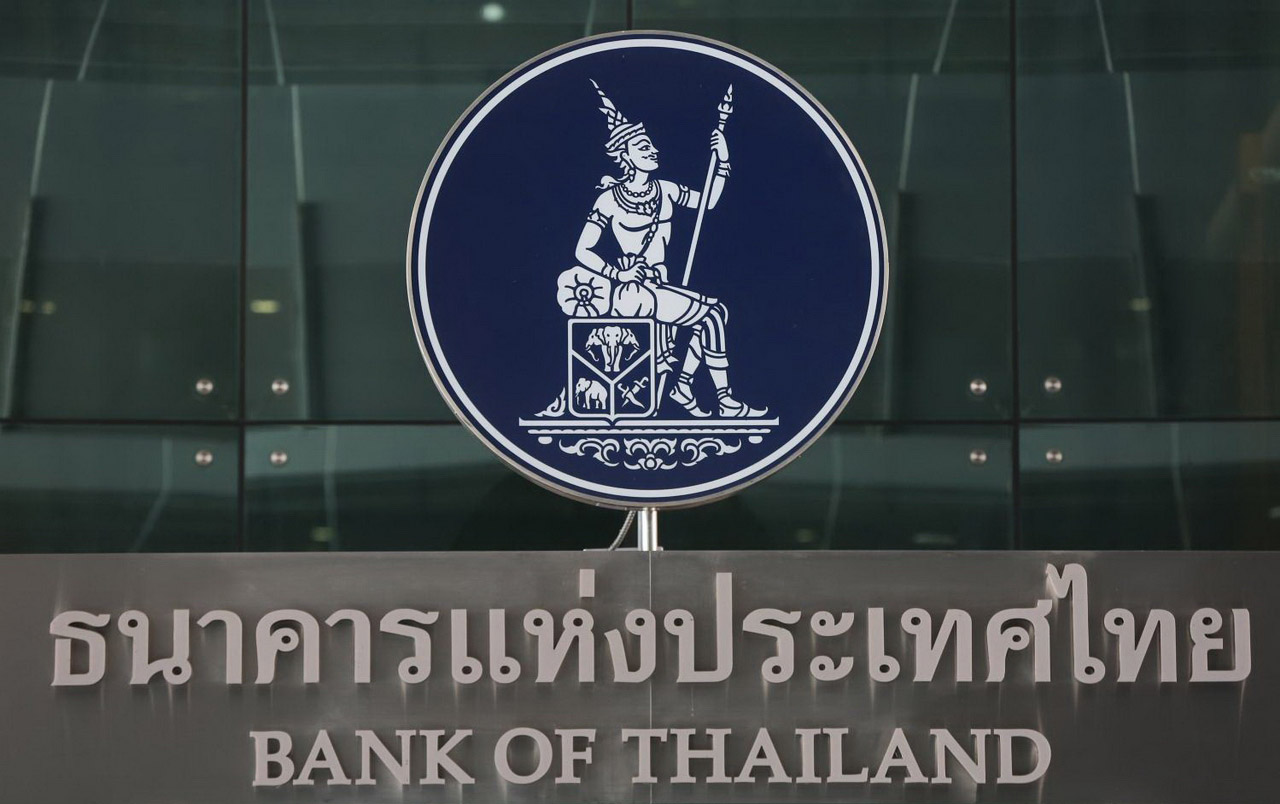National Anti-Corruption Commission Guidelines to Supplement Section 123/5 of the Organic Act on Counter Corruption
To foster more effective and appropriate enforcement of the Organic Act on Counter Corruption (as amended) (“Act”) on legal entities, in September 2017 the National Anti-Corruption Commission (“NACC”) announced Guidelines on Appropriate Internal Control Measures for Juristic Persons to Prevent Bribery of State Officials, Foreign Public Officials and Agents of Public International Organizations.
These Guidelines supplement Section 123/5 of the Act. They now include a crucial provision which results in avoidance or mitigation of corporate liability in the case of bribery by an employee committed without the knowledge of the employer. This provision, however, will only apply if the entity has established comprehensive internal control measures pursuant to the principles set out in the Guidelines.
There are eight fundamental principles that the NACC considers when deciding whether the internal anti-corruption measures of an entity are sufficient to warrant exception under Section 123/5. They are as follows:
Fundamental Principles of Internal Control Measures to Prevent Bribery under Section 123/5
- Management Commitment: Internal control measures must clearly reflect strong direction from each organization’s senior management on how to prevent corruption, with demonstrated support and participation in the process by top management. Such direction must also include allocation of suitable resources to combat bribery.
- Risk Assessment: The control measures must provide clear risk assessment guidelines and systems to enable each organization to review, identify, and evaluate areas that are prone to misconduct. These measures must also take into consideration the nature of the organization’s business and operations, with recommendations, including review of organizational areas, such as internal auditing, data collection, and other risk areas relevant to each business. The level of risk for each area must also be identified, as well as methods for internal risk reporting.
- High-Risk Issues: Control measures must also provide clear guidelines and systems to address other vulnerable and high-risk areas, such as those involved with facilitation payments, gifts, entertainment, and charitable donations. These functions or areas may overlap with certain common cultural practices. Thus, designation as areas of high-risk may require careful scrutiny to differentiate between those identified as high-risk, such as bribes, and those designated as standard business or cultural practices.
- Cooperation of Business Partners: Each organization must utilize its best efforts to require its business partners, including affiliates, suppliers, agents and advisors, to apply the same anti-bribery measures. The objective is to lessen the potential for corruption, as it might affect both a business partner and the organization individually, as the author or beneficiary of an improper transaction.
- Proper Record Keeping: The control measures should provide a clear mandate for each organization to keep accurate and transparent books and accounting records. The objective is the ability to conduct independent, external audit reviews, in order to eliminate opportunities for associated persons to fraudulently utilize the organization’s assets for corrupt purposes, and to conceal such transactions within an organization’s records.
- Supporting HR Measures: Each organization’s human resource management policies and processes, including recruitment, promotion, evaluation, compensation, and training, must complement the anti-corruption measures, so that positive past and present behavior is recognized and taken into consideration within the organization.
- Whistle-Blowing Measures: The control measures should also provide confidential communication channels and mechanisms to encourage and promote reporting of suspicion of bribery and of non-compliance. These measures must include protective measures to foster confidence in cooperation and eliminate fear of retaliation by others.
- Periodic Review and Evaluation: Regardless of the historic effectiveness of each organization’s control measures, provisions must be in place for their periodic review and revision to ensure ongoing effectiveness, given the evolving business environment, including the applicable legal regime, organizational structure, and operational circumstances.
The Guidelines also include an introductory discussion of the scope of Section 123/5 and some illustrative case studies on its application, including circumstances leading to potential liability of persons such as directors or senior management for improper acts of employees.
| Key Contacts
Jutharat Anuktanakul E. T. Hunt Talmage, III Pranat Laohapairoj |
Suphakorn Chueabunchai TEL +66-2-266-6485 Ext 112 suphakorn.c@chandlermhm.com Supakan Nimmanterdwong |
Chandler MHM Limited 7th-9th, 12th and 16th Floors Bubhajit Building 20 North Sathorn Road Bangkok 10500, Thailand www.chandlermhm.com |

























































 Chandler MHM Limited
Chandler MHM Limited Jessada Sawatdipong
Jessada Sawatdipong







